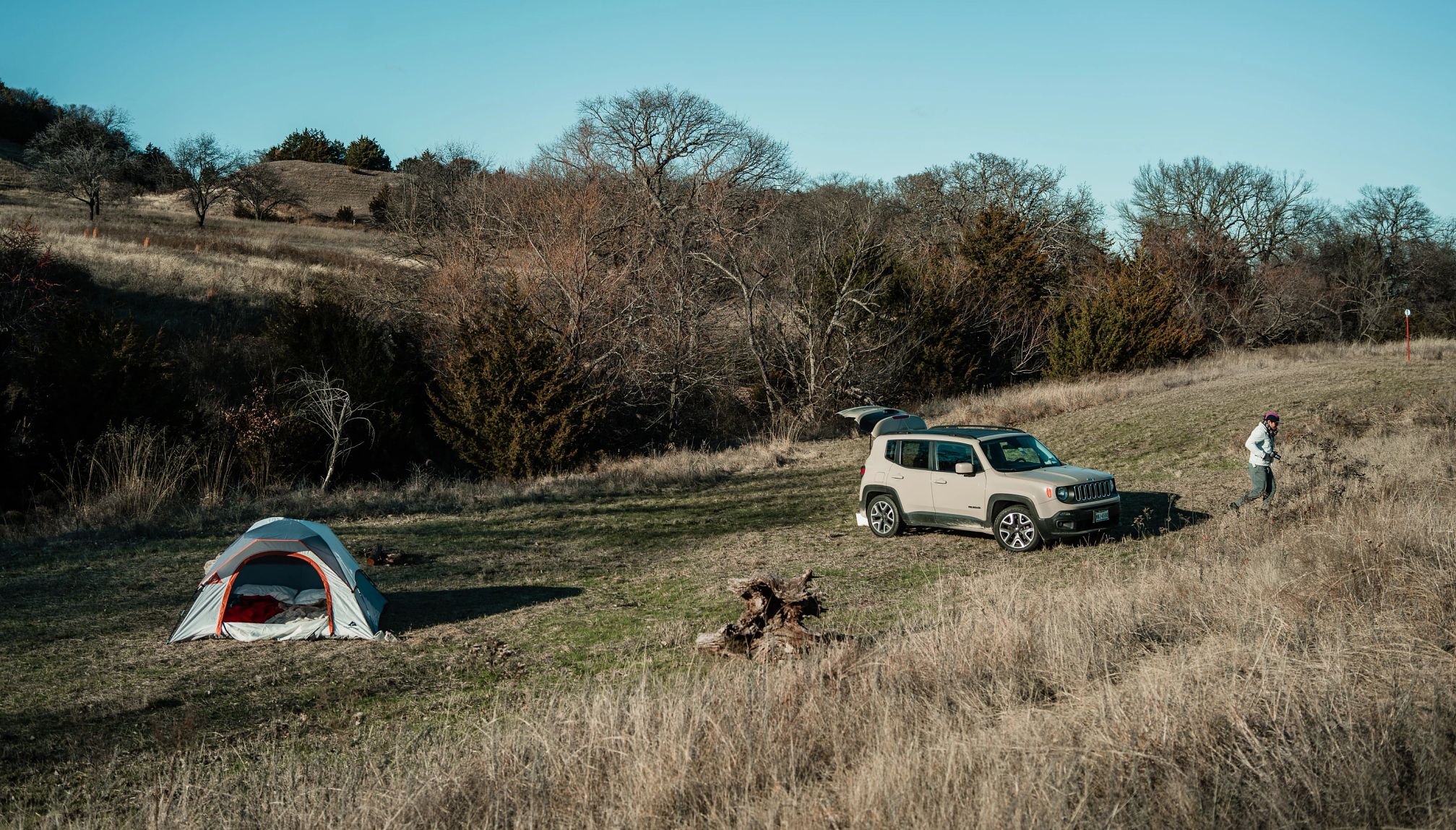AARP Hearing Center
I’ve been drawn to the Caribbean for decades, for all of the obvious reasons: balmy afternoons spent underneath swaying palm trees, a postcard-perfect shoreline that welcomes frothy turquoise waves, the cultural celebrations such as carnival, and music histories that have fueled the world. Another passion for the region over the years has come in glasses of all sizes, served neat or over ice, livened up by fresh fruit juices or aromatic bitters. That passion is rum. The connection between the spirit and the Caribbean is undeniable, as travelers often enjoy tropical beach days with rum-fueled cocktails such as mai tais, mojitos and daiquiris.
In 1954, the first piña colada was shaken up at Caribe Hilton in San Juan, Puerto Rico. According to a recent study from Hilton Hotels & Resorts, 87 percent of respondents describe a relaxing vacation as lounging by water with a tropical drink in hand.
David Vázquez, who has been a bartender at Caribe Hilton for 20 years, says rum is part of his DNA. “The beauty of rum is that it can be enjoyed many ways: on the rocks, mixed with juice or Coke, as a cocktail like the piña colada, and it will always pop in your drink with its unique taste and aroma, no matter the ingredients. You can even use rum for added flavor to sweets and with baking,” he says.
According to an AARP study of travelers 50-plus, the Caribbean is one of the most sought-after international destinations for travelers, and many visitors will be drawn to enjoy a rum cocktail or two in paradise. As large mainstays such as Mount Gay and Appleton Estate continue to thrive, new rum companies forge their way, too. Trinidadian Marc Farrell launched Ten To One rum in 2019 to showcase how rum’s versatility can be paired with foods and move beyond its beachside image.
Rum’s history is a complicated one. The drink is a byproduct of sugar production in the 17th century, and enslaved West Africans endured relentless forced labor in sugarcane fields to produce nearly every kind of rum still enjoyed across the world.
Learning the history of the spirit and enjoying it responsibly go hand-in-hand. Many distilleries and hotels across the Caribbean offer visitors curated experiences to do just that. As with any trip, check the U.S. State Department’s travel advisories for your destination for important safety information beforehand. Here are four experiences to consider.




























































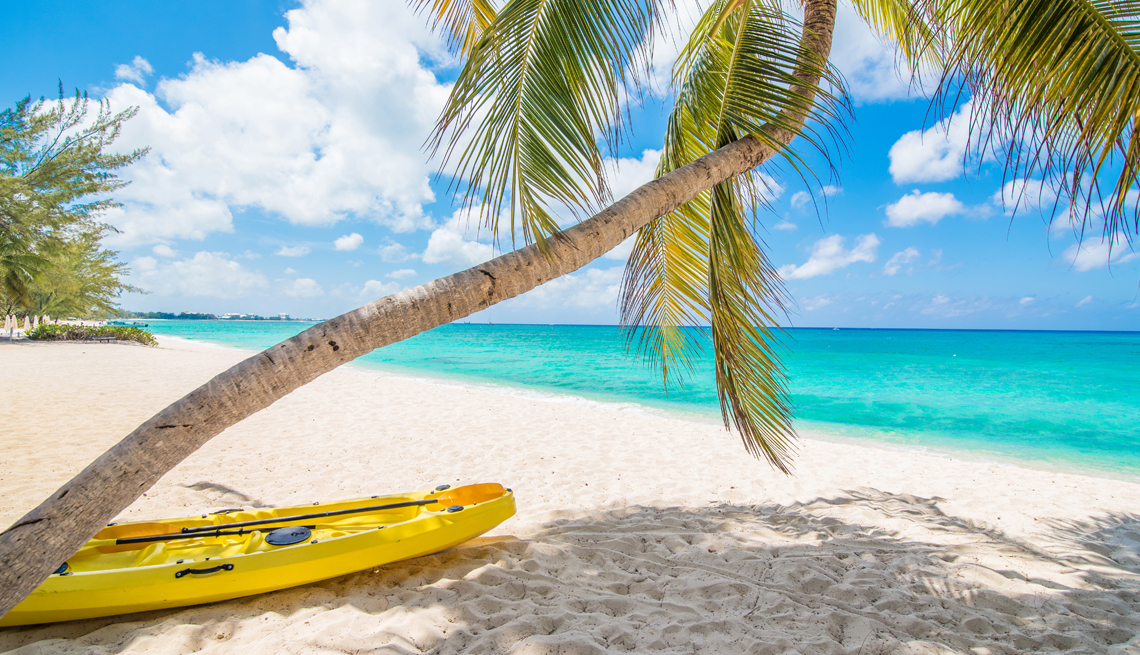
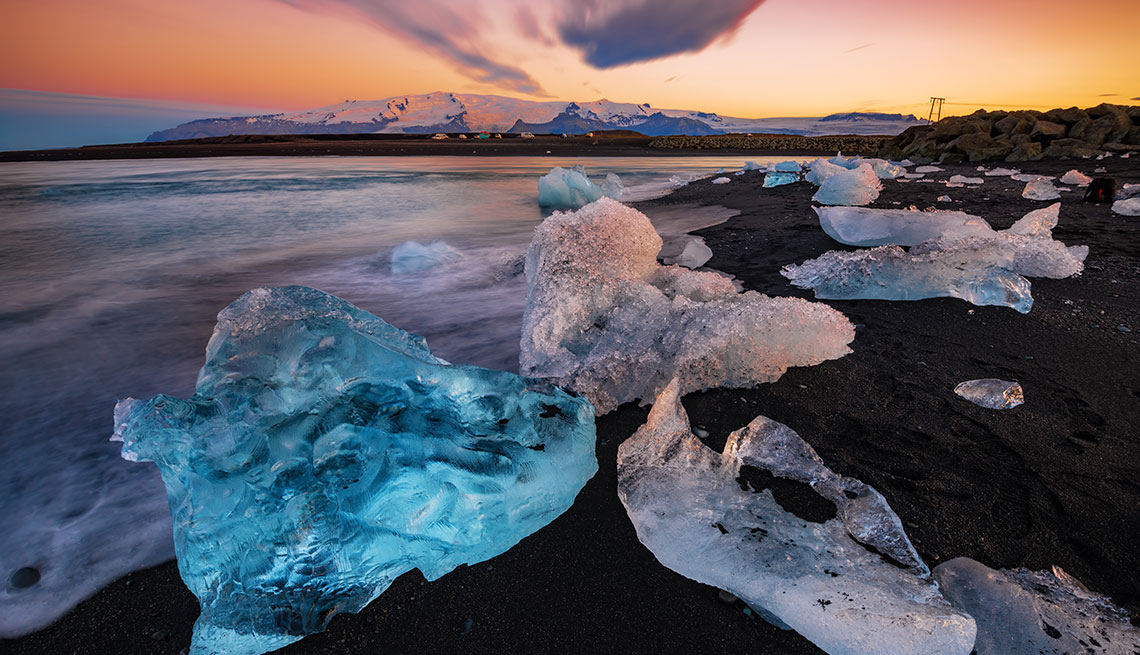
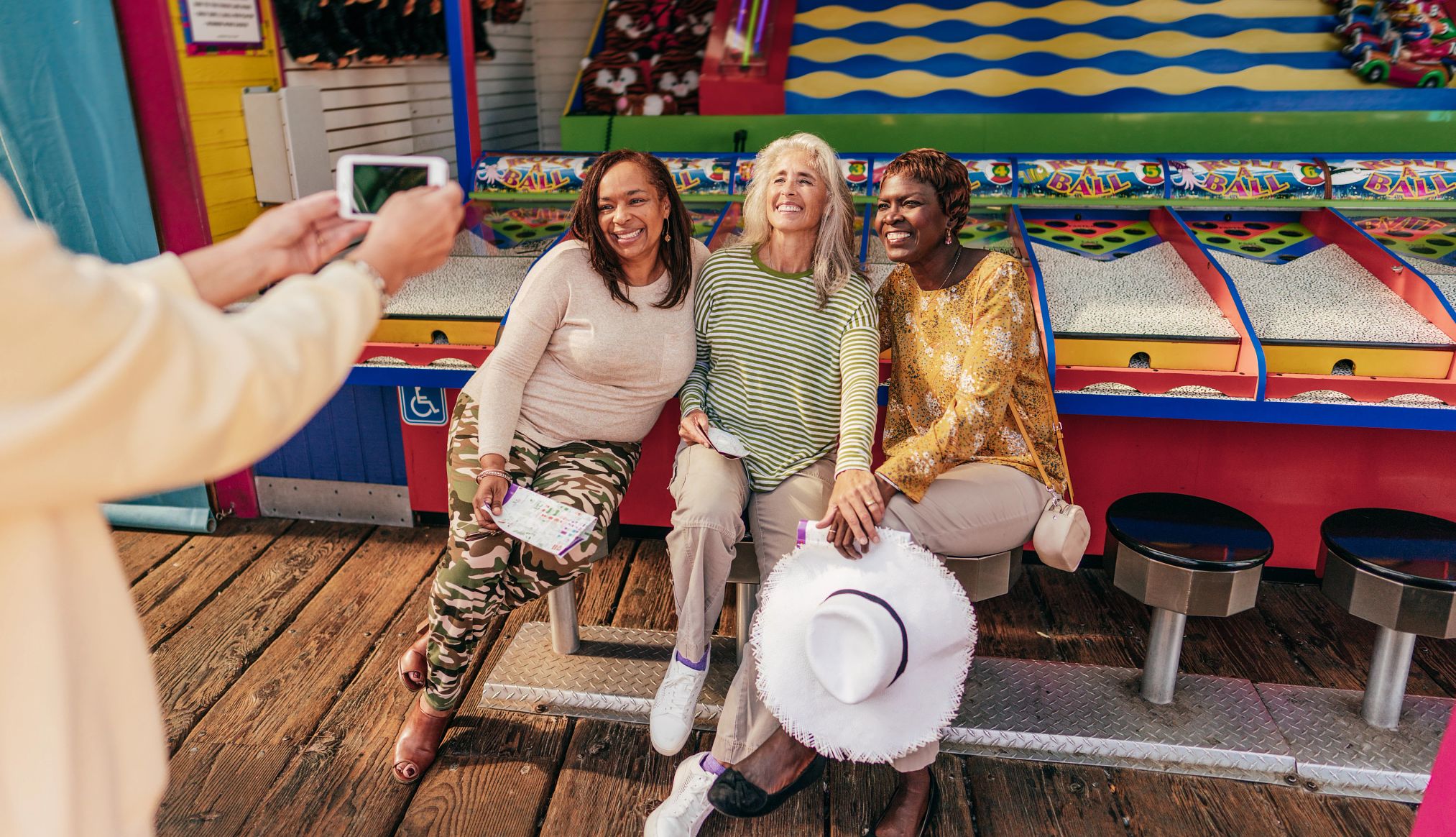
.jpg?crop=true&anchor=10,180&q=80&color=ffffffff&u=2xkwh0&w=2021&h=1161)
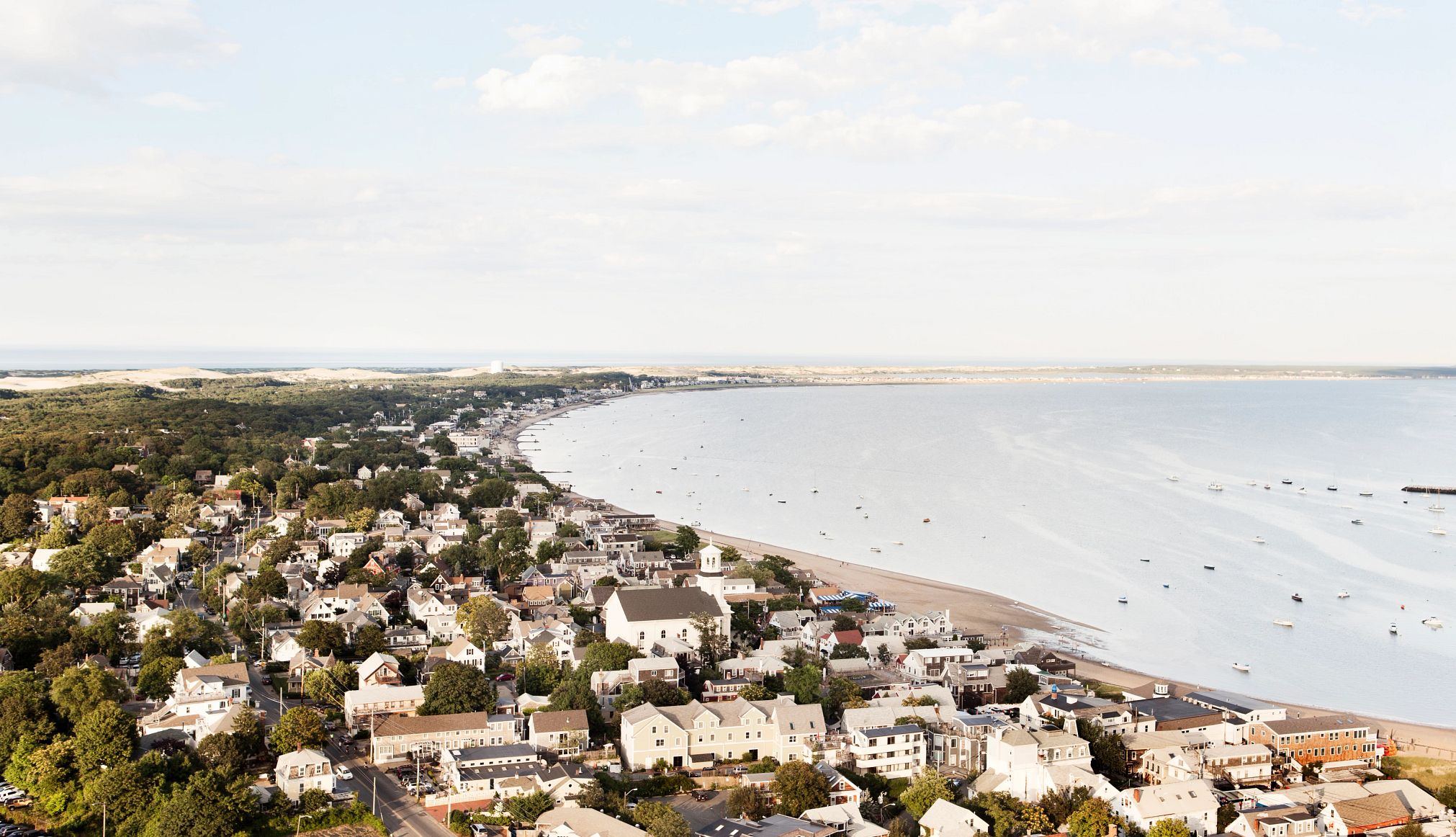

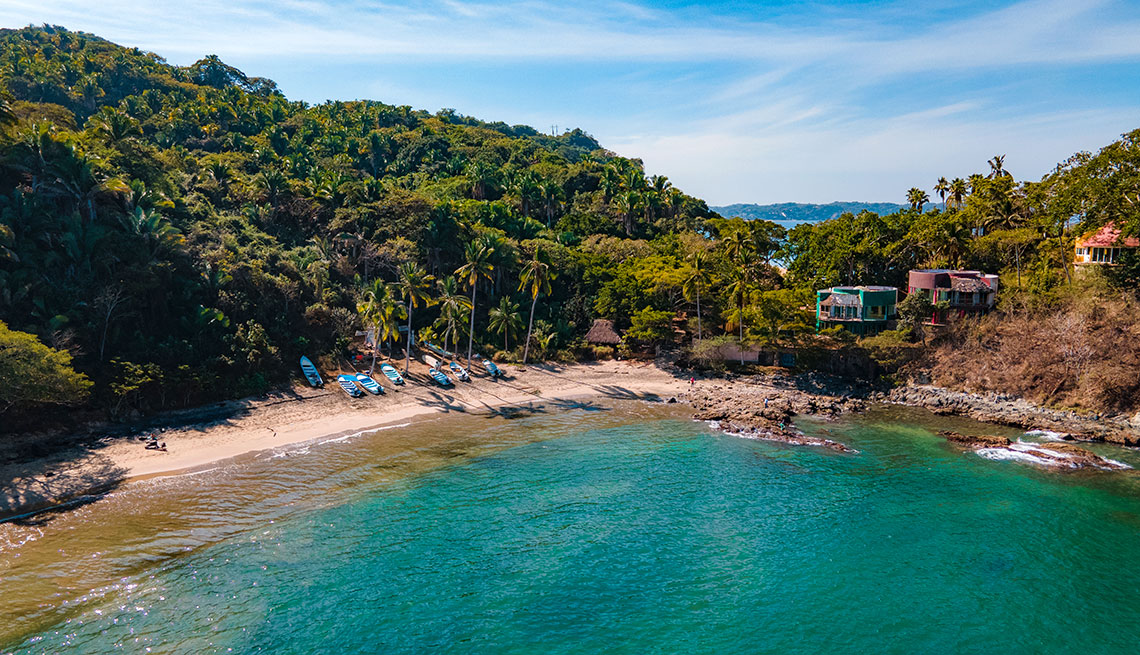
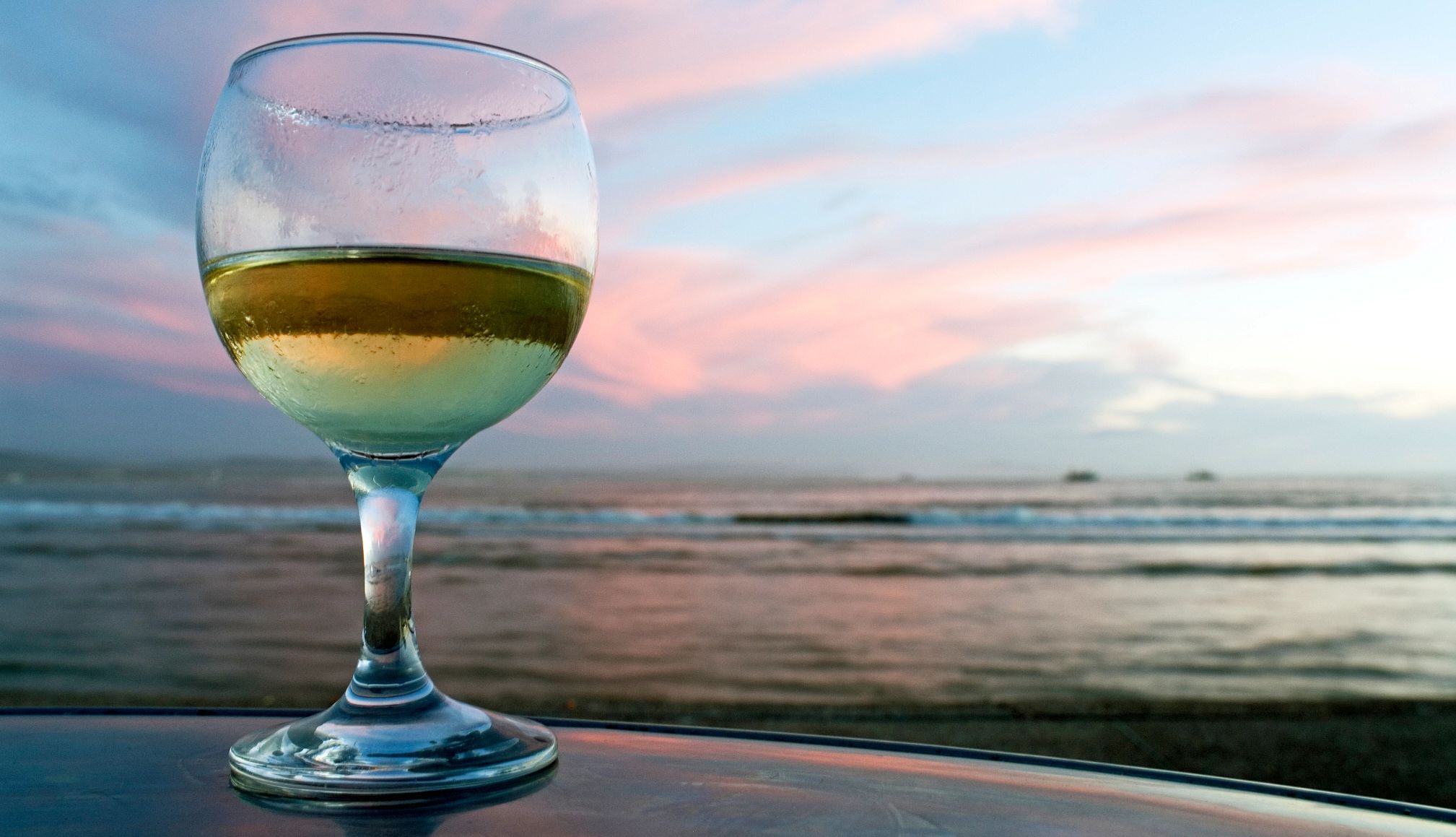
.jpg?crop=true&anchor=12,12&q=80&color=ffffffff&u=2xkwh0&w=2012&h=1156)
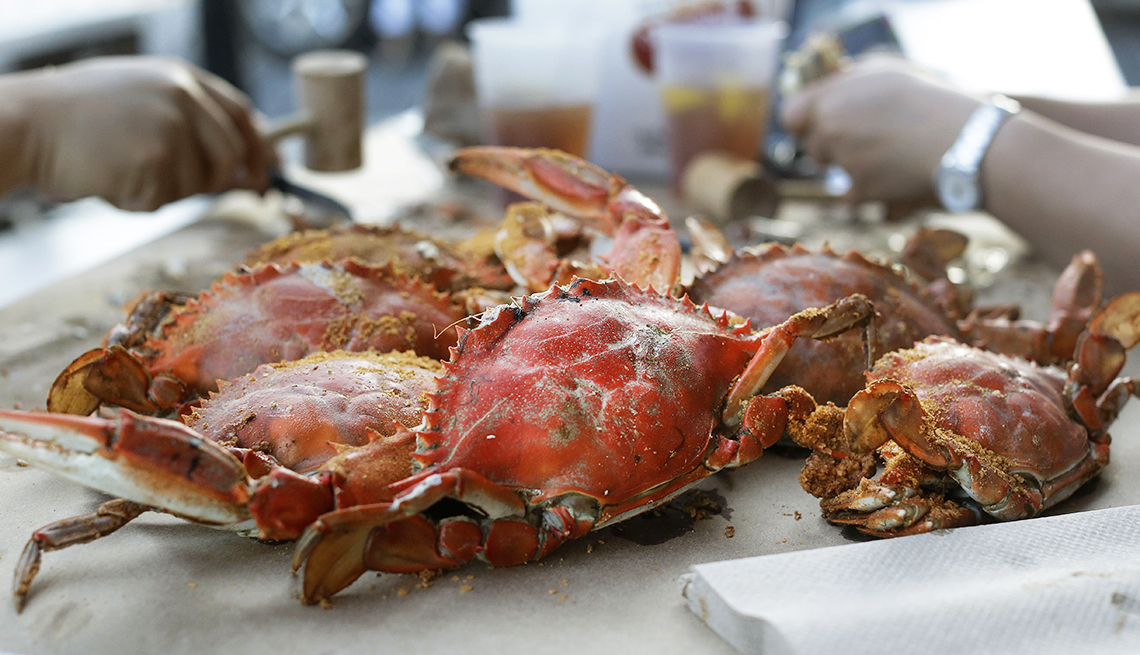

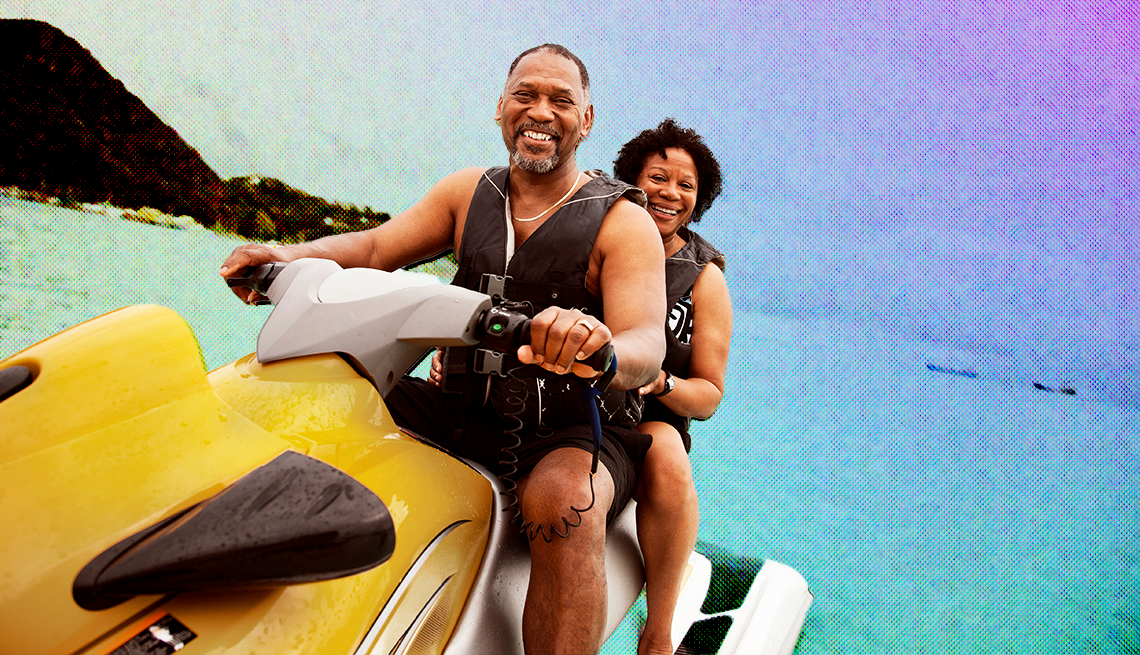
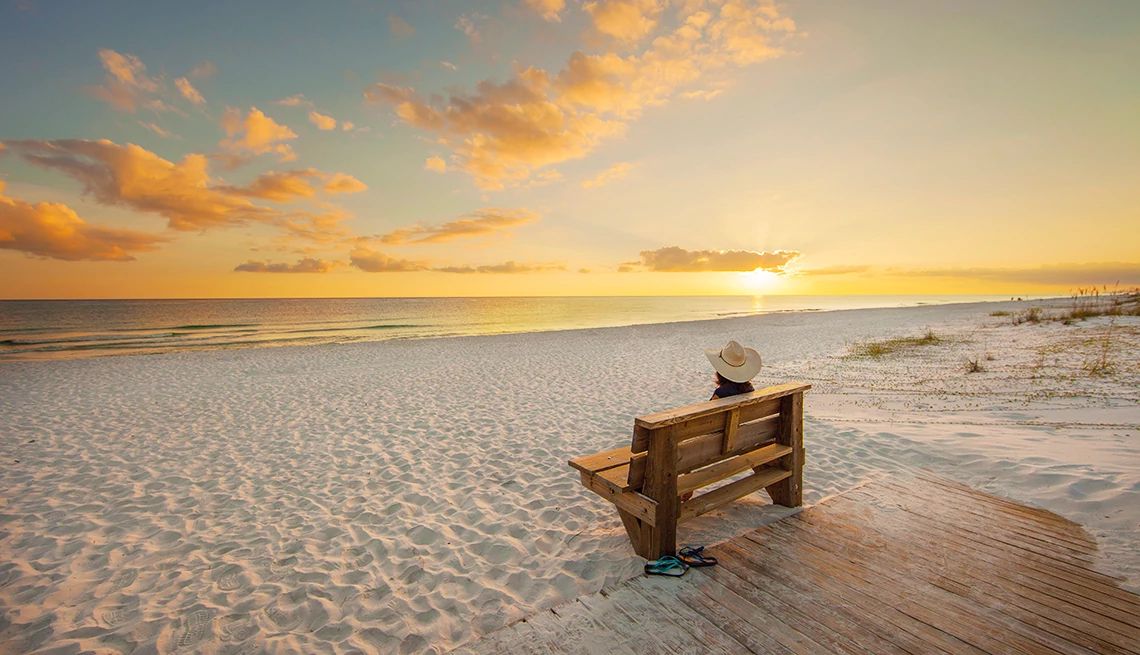
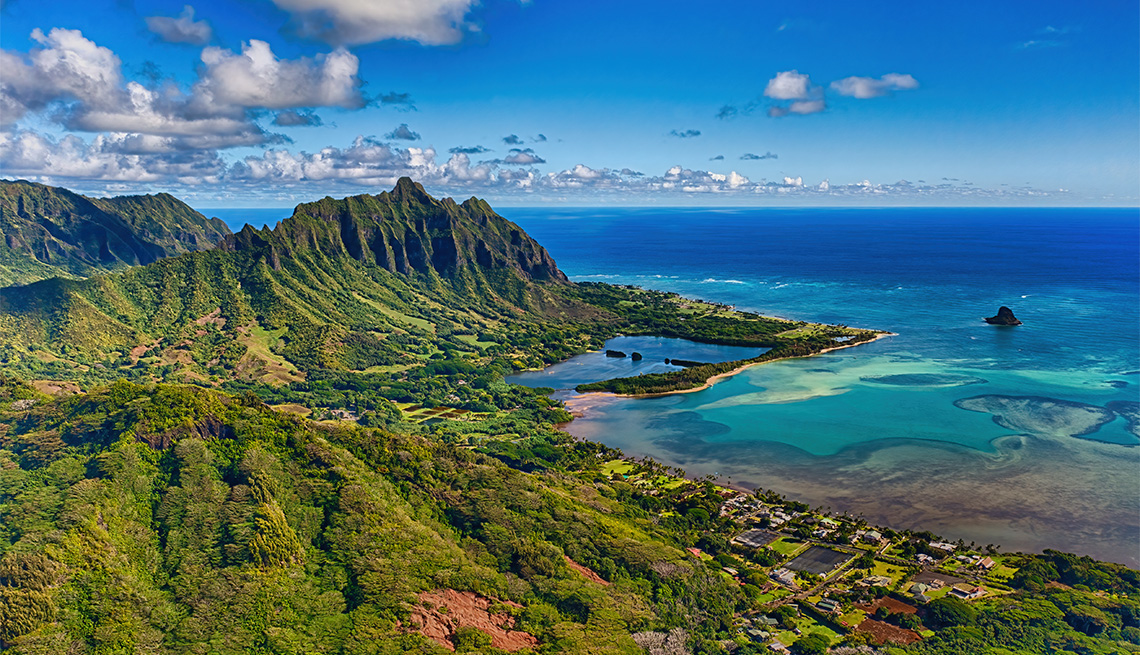
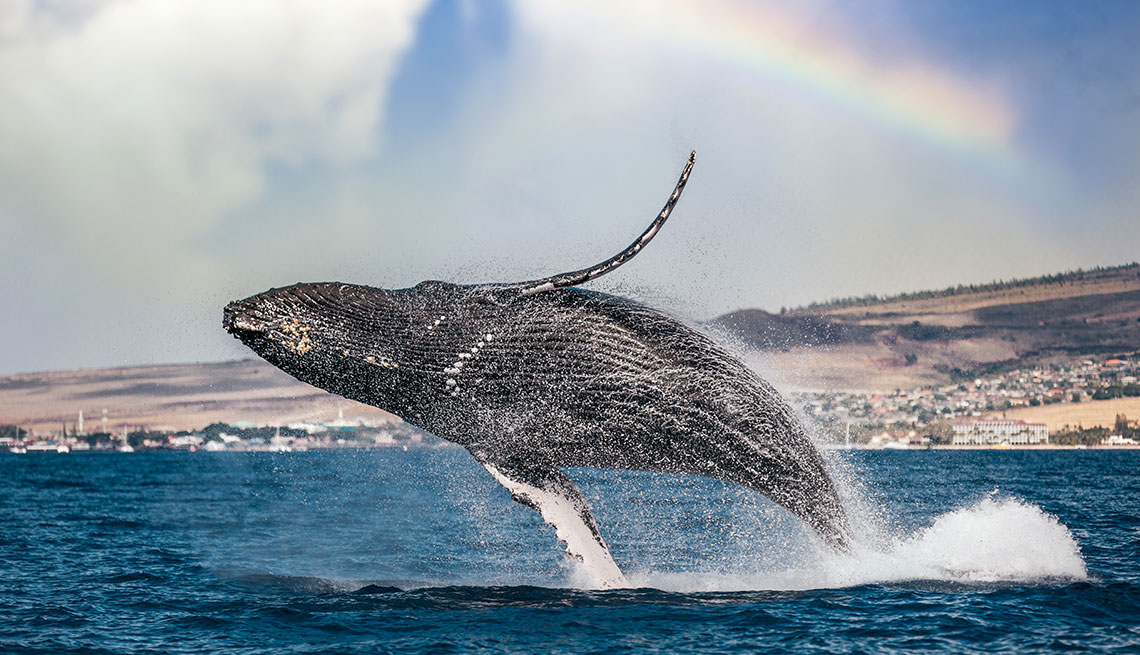

.png_master.png?crop=true&anchor=16,104&color=ffffffff&u=2xkwh0&w=2019&h=1160)
.jpg?crop=true&anchor=17,164&q=80&color=ffffffff&u=2xkwh0&w=2016&h=1158)
.jpg?crop=true&anchor=7,93&q=80&color=ffffffff&u=2xkwh0&w=2029&h=1166)
